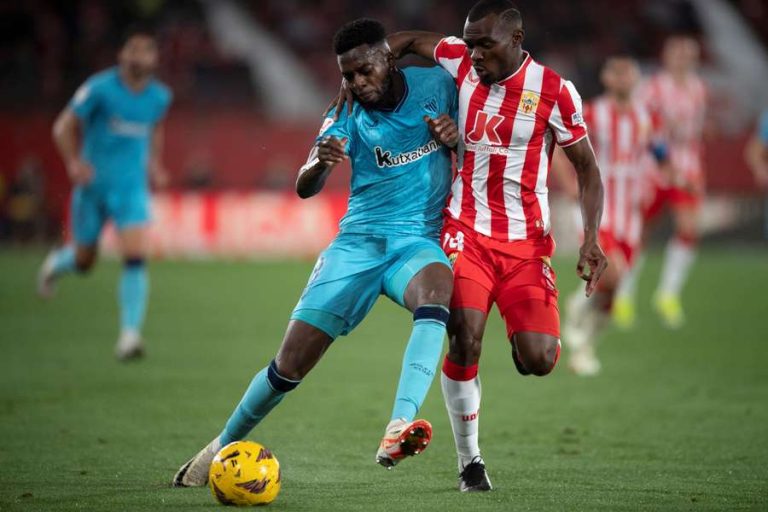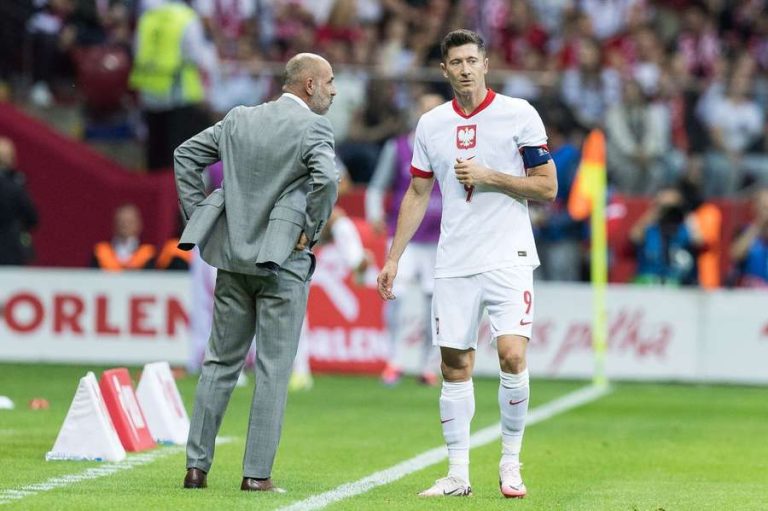The Liverpool manager voiced his disapproval of the idea of a blue card in football
KEY POINTS:
- Klopp emphasized the importance of simplifying the game for referees to minimize errors, especially in emotionally charged situations.
- The introduction of the blue card has sparked debate among football stakeholders, with some advocating for its implementation to address specific types of fouls.
- Concerns have been raised about the potential impact of the blue card system on the flow and dynamics of football matches.
- Klopp’s comments reflect broader discussions within the football community about balancing rule changes to improve player behavior without overly complicating the sport.
- The blue card proposal marks an attempt by football authorities to enhance disciplinary measures and promote fair play on the field.
Get real-time football scores here!
Liverpool’s manager, Jürgen Klopp, recently shared his disapproval of the proposed introduction of a blue card in football during a press conference. According to Klopp, simplifying the game for referees should be the priority rather than adding complexity.
In Klopp’s view, referees already face a challenging task, often under emotionally charged circumstances, particularly after matches. Introducing the blue card, he argued, would only increase the likelihood of errors. Klopp emphasized the importance of making the game as straightforward as possible for all involved parties.
While Klopp acknowledged the potential for experimentation with the blue card, he expressed skepticism about its effectiveness. He noted that, as a 56-year-old with extensive experience in football, he had not encountered such an idea before. Klopp questioned the necessity of complicating the rules further and expressed reservations about the proposed implementation of the blue card.
The blue card, as revealed by the International Football Association Board, is intended to address specific types of infractions, such as deliberate attacks and dissent toward the referee. Under this system, a player would be temporarily removed from the field for 10 minutes upon receiving a blue card. If a player accumulates two blue cards or receives both a yellow and a blue card, they would subsequently be shown a red card and sent off.
Klopp’s comments reflect a broader debate within the football community about the potential benefits and drawbacks of introducing new disciplinary measures. While some argue that additional penalties could help maintain fairness and order on the field, others, like Klopp, question whether such measures are necessary and whether they might complicate the game unnecessarily.
The introduction of the blue card represents an attempt to address specific issues within football, such as dissent and deliberate fouls. However, the effectiveness of this approach remains uncertain, and concerns have been raised about its potential impact on the flow and dynamics of the game.
In light of Klopp’s remarks, it is evident that there is no consensus within the football community regarding the introduction of the blue card. While some stakeholders may view it as a positive step toward improving player behavior and referee decision-making, others, like Klopp, remain cautious and advocate for simpler solutions to address disciplinary issues.
Overall, the debate surrounding the blue card reflects the broader complexities and nuances of football governance and highlights the ongoing efforts to balance fairness, competitiveness, and the spirit of the game. As discussions continue, stakeholders must carefully consider the potential implications of any proposed changes to ensure that they uphold the integrity and values of football while promoting a safe and enjoyable experience for all involved.







